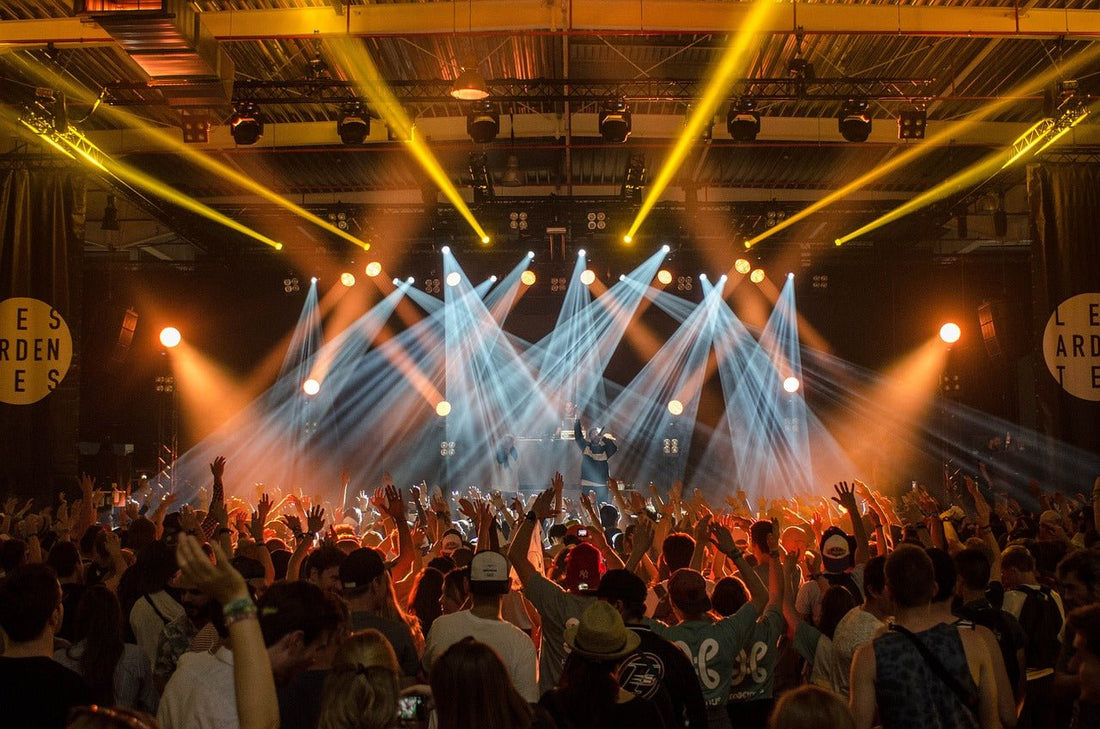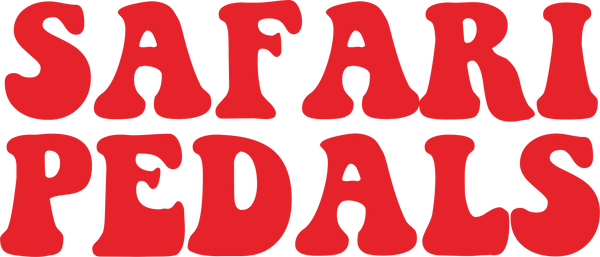
Beyond the Studio: Audio Plugins in Live Performances
Noam LevinbergShare
In the fast-changing world of modern music, live performances are more impactful and immersive than ever, More and more people are leaning on leaving the comfort zone of there house to go see a show. Thanks to the transformative power of audio plugins these shows sound so much better than a few years ago. While these digital tools have long been staples in studio settings, their role in the live arena has expanded dramatically, revolutionizing the way artists, producers, and engineers create and deliver unforgettable musical experiences.
Breaking Free from Traditional Limits
Traditionally, live performances relied on a fixed set of instruments, outboard effects, limiting engineers to the sounds they could produce with these tools and a digital mixer that still wasn't as good as the studio sound we know and love. Audio plugins have shattered these boundaries, allowing artists to access an entire universe of sounds and effects at their fingertips. Whether you're a musician looking to emulate classic amp tones or an engineer seeking to make the live performance include the plugins used in the studio album, plugins have you covered.
The Rise of Real-Time Processing
One of the most exciting developments in live music is the integration of real-time processing using audio plugins. Musicians can now apply effects and manipulate their sound in the moment, unleashing a wave of creativity and spontaneity. Imagine a guitarist morphing their clean tone into a wall of distortion with a foot pedal or a vocalist adding ethereal reverbs and delays to their vocals with a simple touchpad gesture—all thanks to audio plugins.
Sound Design on Stage
Audio plugins aren't just about recreating existing sounds; they're also powerful tools for sound design in a live context. Musicians and sound engineers can craft unique sonic landscapes, build tension, and create dramatic moments on stage. Whether it's generating evolving ambient textures or crafting immersive soundscapes, the possibilities are limited only by your imagination. I kind of feel we only now are starting to maximize this potential that might lead to a new experience in live performances where instead of trying to make it sound like the record we can express totally new ways using plugins to create a new experience for live shows.
Seamless Integration with DAWs and Controllers
Modern live setups often feature seamless integration between digital audio workstations (DAWs), MIDI controllers, and audio plugins. This integration empowers musicians to control and manipulate their plugins effortlessly during a performance. Triggering samples, adjusting parameters, and even changing entire instrument presets—all in real-time—is now a reality on stage.
Collaborative Possibilities
Audio plugins have also opened the door to new forms of collaboration during live performances. Musicians can connect their digital setups to share and manipulate audio in real-time. Imagine a DJ remixing a live band's performance, or two artists from opposite sides of the world collaborating in real-time on stage—audio plugins make these scenarios not only possible but also incredibly exciting.
The Future of Live Music
As technology continues to advance, the live music experience will only become more exhilarating and immersive. Audio plugins will play an integral role in shaping this future, pushing the boundaries of creativity and enabling musicians to craft unique, unforgettable moments for their audiences.
In conclusion, audio plugins are not confined to the studio; they are now the driving force behind the evolution of live music. Musicians, producers, and engineers are harnessing their power to break free from traditional limits, explore real-time sound processing, design unique sonic experiences, and collaborate in ways previously unimaginable. The future of live music is here, and it's a thrilling symphony of creativity and innovation, all made possible by the limitless potential of audio plugins.
